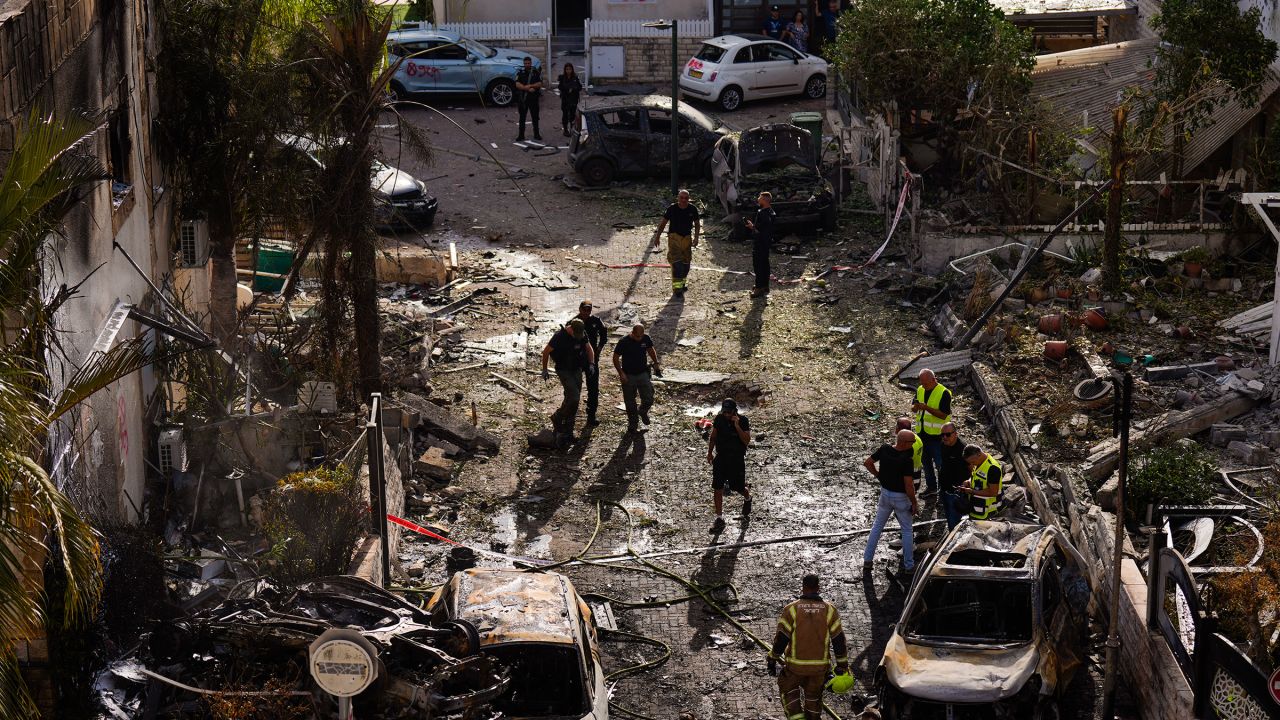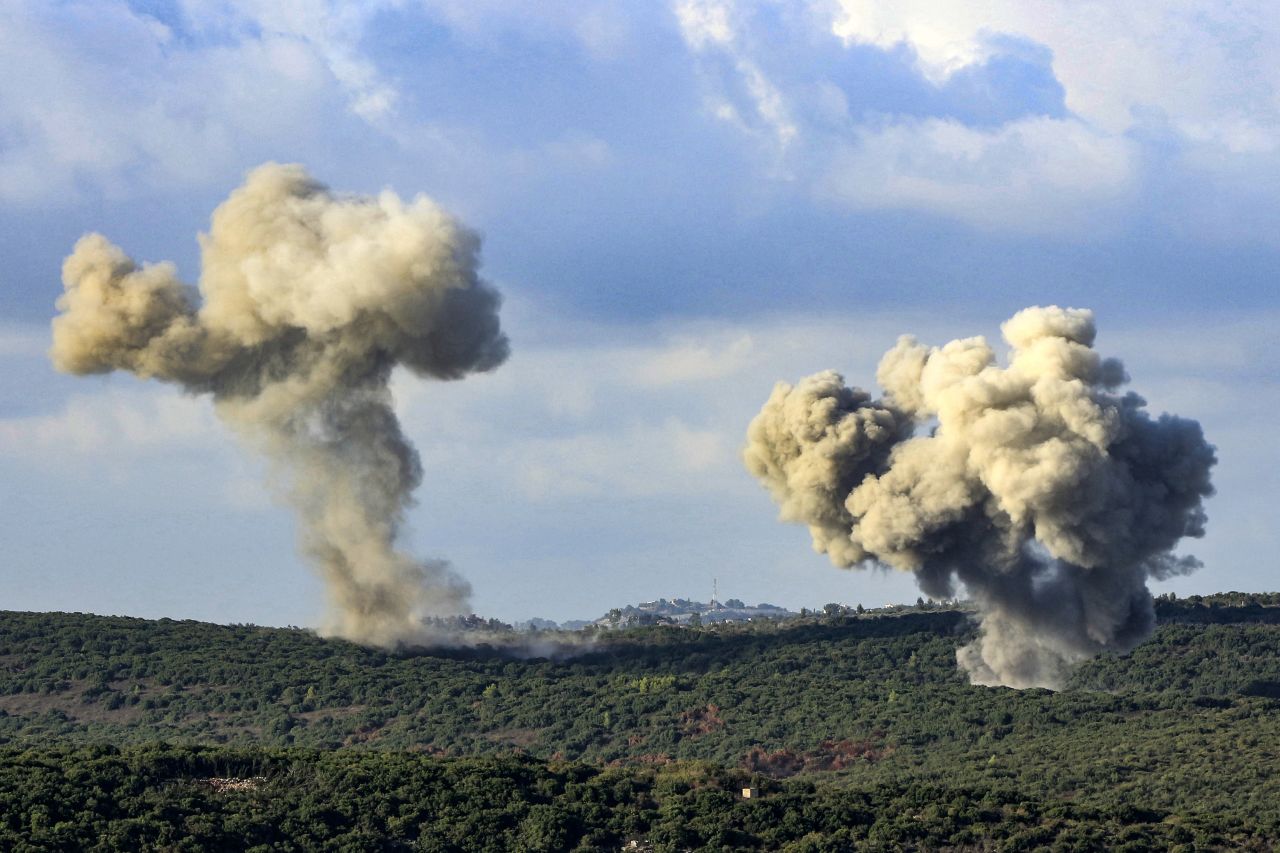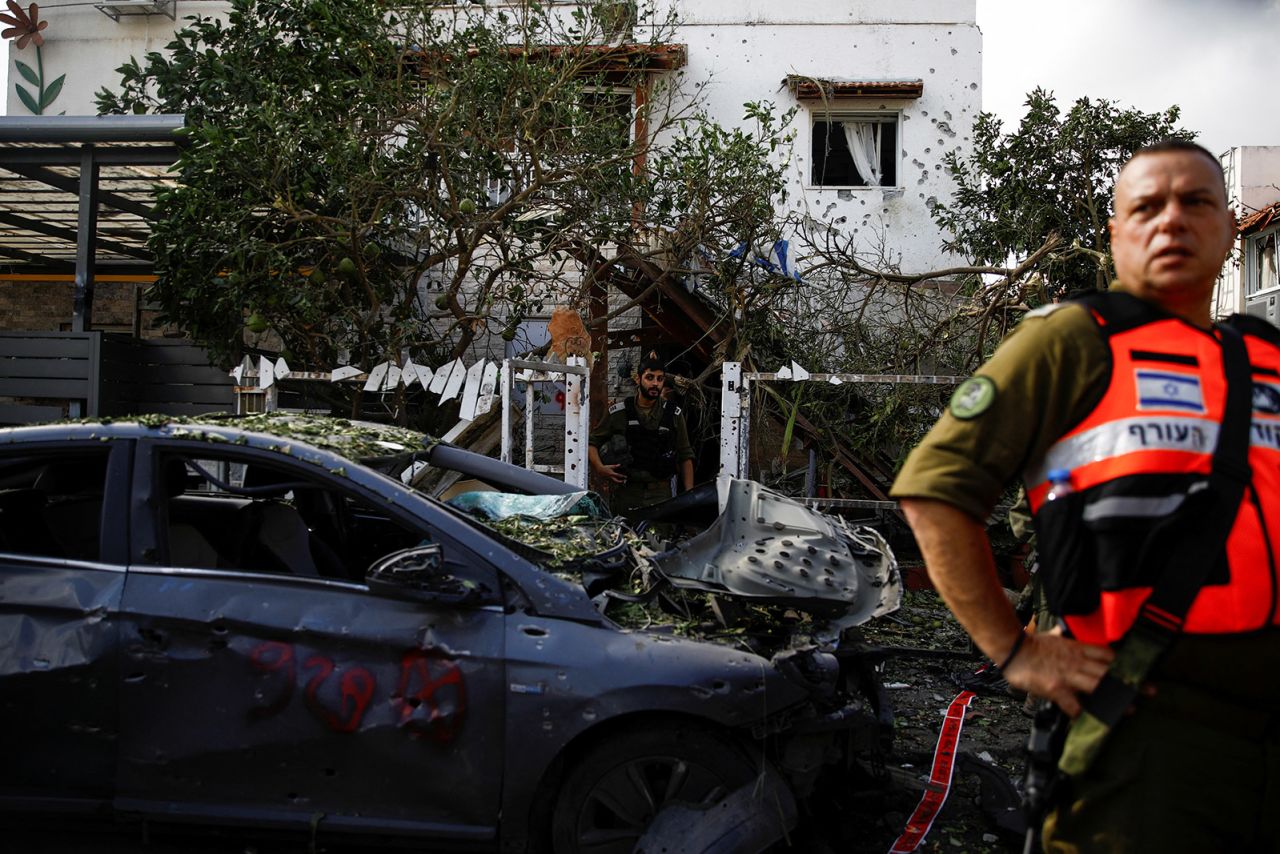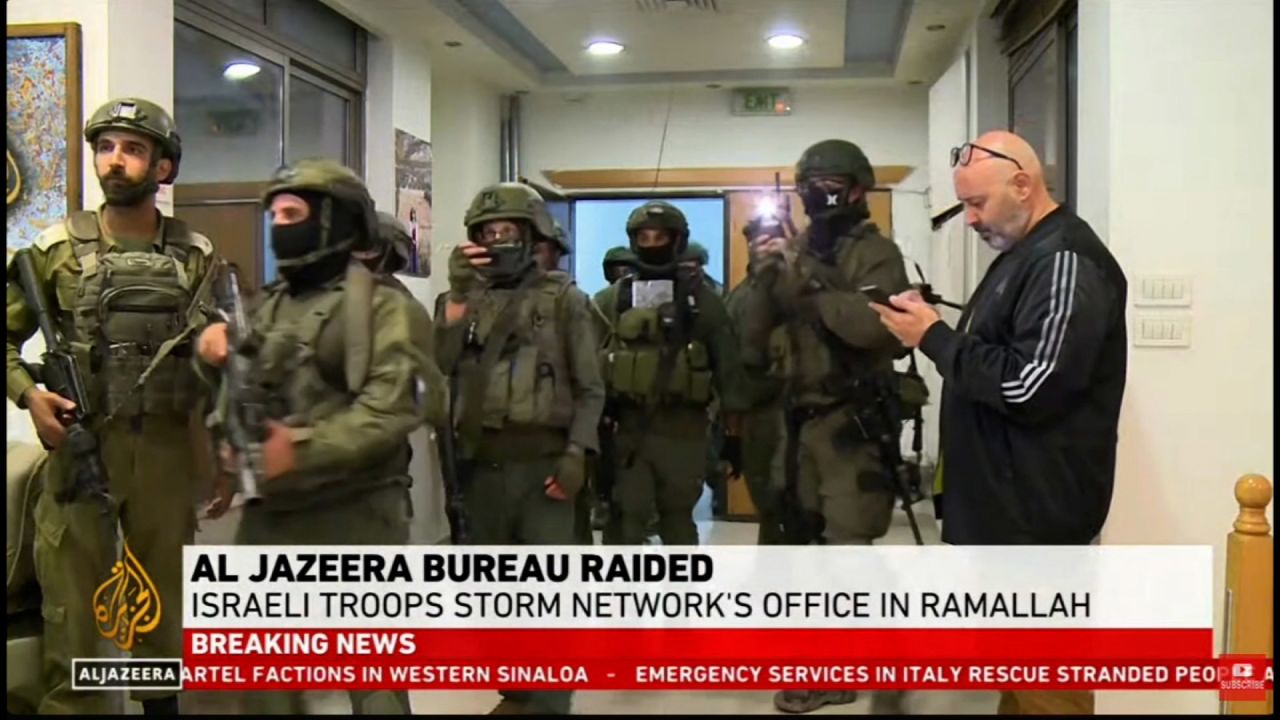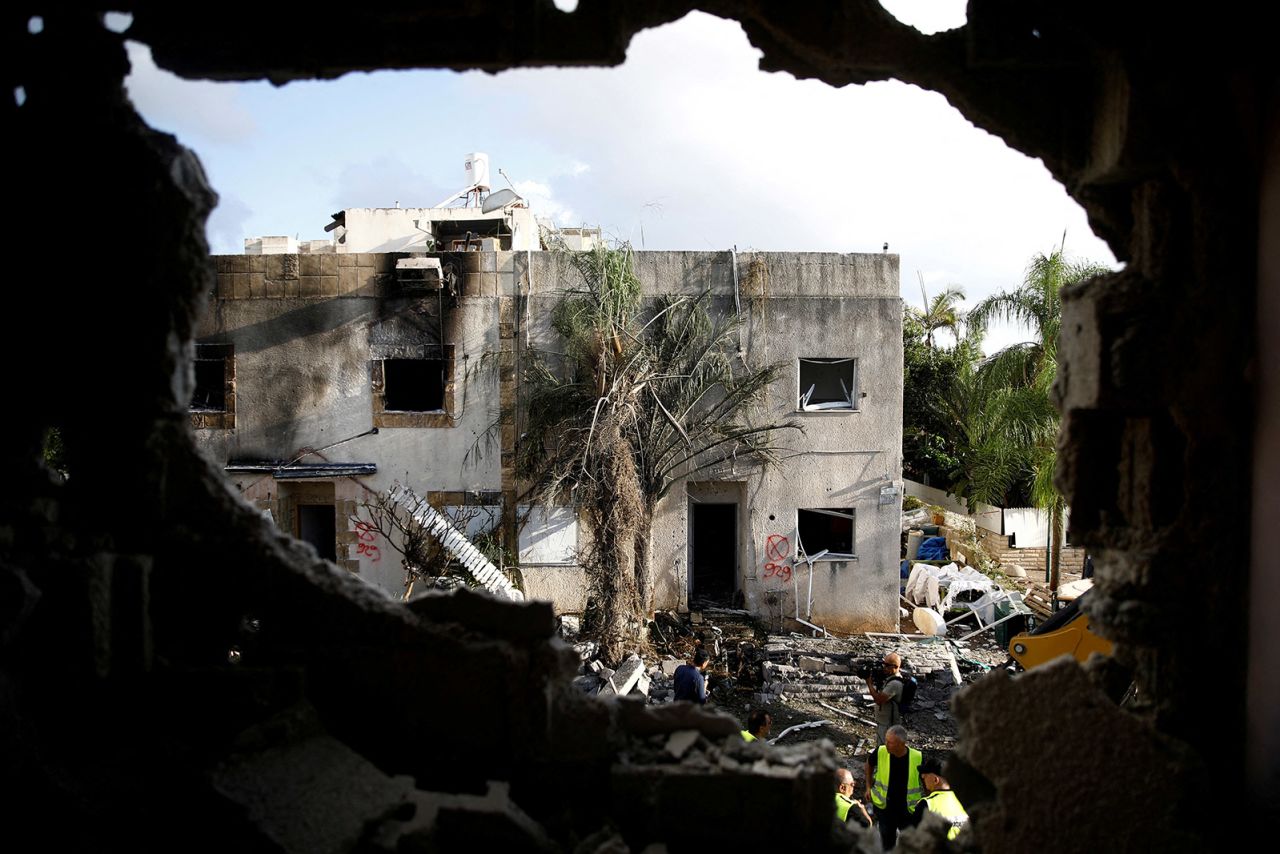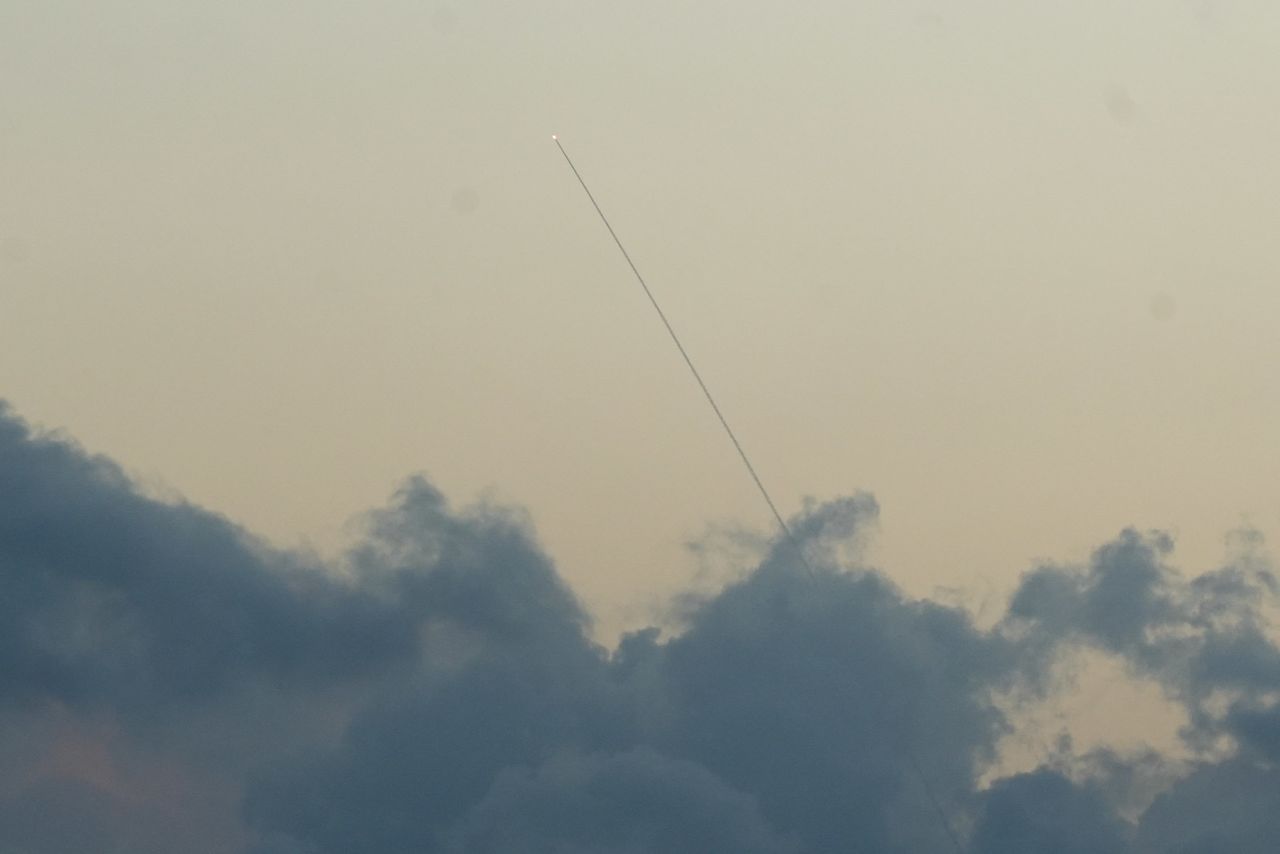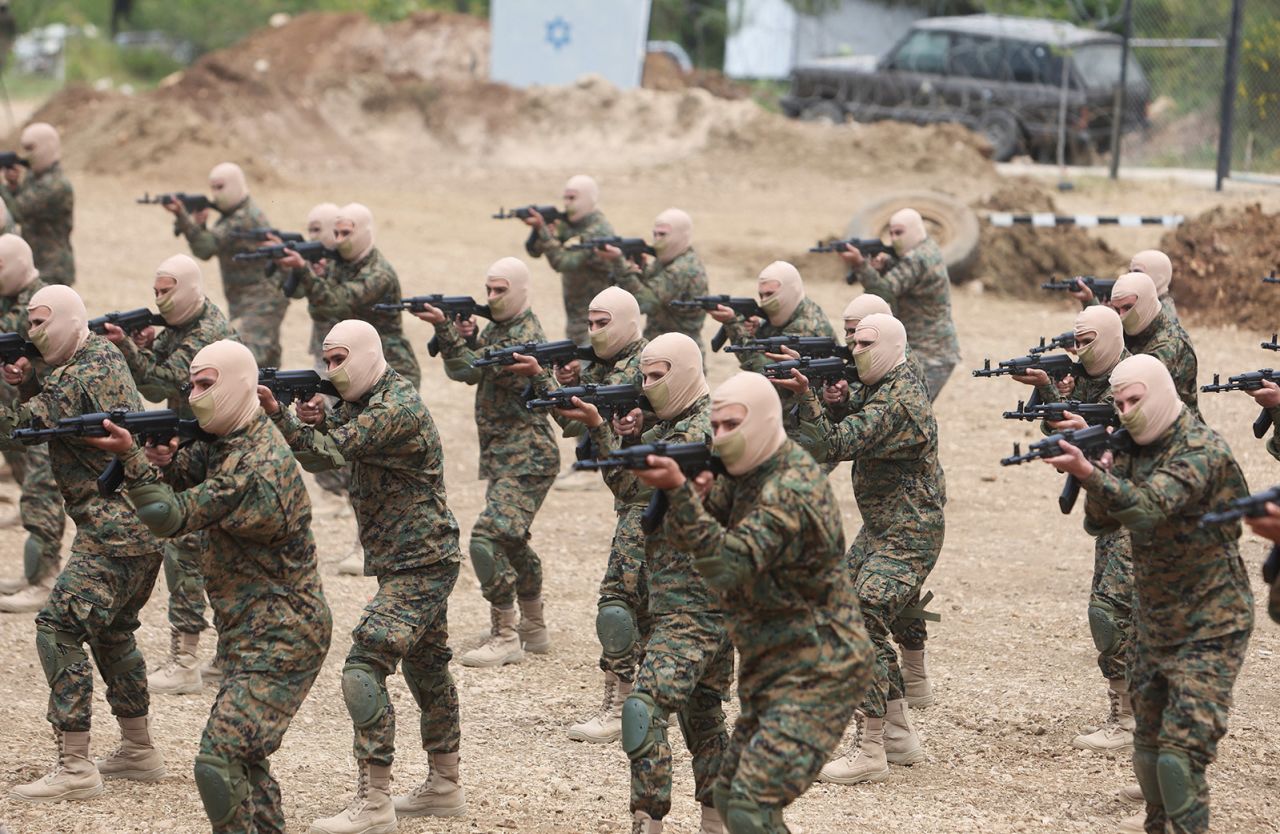Hezbollah is an Iran-backed Islamist movement with one of the most powerful paramilitary forces in the Middle East. The group’s main base is on the Israel-Lebanon border, where the fallout from the Israel-Hamas war has been palpable — Hezbollah and Israel have been engaged in skirmishes since the war began, putting the entire region on a knife’s edge with fears it could spark a wider regional conflict.
This is the latest in a decades-long conflict between Hezbollah and Israel. Here’s what to know:
Israeli invasion: Israeli forces took almost half of Lebanon’s territory when it invaded Lebanon in 1982. This included Beirut, where Israeli forces, along with right-wing Israel-allied Christian Lebanese militias, laid siege to the western part of the capital to drive out Palestinian militants.
Israel’s operation resulted in more than 17,000 deaths, according to contemporary reportsand an Israeli inquiry into a massacre at the Beirut refugee camp of Sabra and Shatila. It’s one of the bloodiest events in the region’s recent history. The investigation, known as the Kahan Commission of Inquiry, held Israel indirectly responsible for the massacre that was carried out by the right-wing Christian Lebanese fighters. Estimates for the number of deaths at Sabra and Shatila vary between 700 and 3,000.
The rise of Hezbollah: As droves of Palestinian fighters left Lebanon, a band of Shia Islamist fighters trained by the nascent Islamic Republic of Iran burst onto Lebanon’s fractious political landscape. The ragtag group had an outsized and violent impact. In 1983, two suicide bombers linked to the faction attacked a US Marine barracks in Beirut, killing almost 300 US and French personnel, plus some civilians.
A year later, Iran-linked fighters bombed the US Embassy in Beirut, killing 23 people. In 1985, those militants coalesced more formally around a newly founded organization: Hezbollah.
A “supportive front” for Gaza in 2023: Hezbollah is part of a larger Iran-led alliance of militant groups spanning Yemen, Syria, Gaza, and Iraq that has engaged in increased clashes with Israel and its allies since the war with Hamas started on October 7, 2023. The alliance said it will continue striking Israeli targets as long as the war in Gaza goes on, rebranding itself as a “supportive front” for Palestinians in the strip, as described by a senior Hezbollah leader.
Killing of key leader: After months of tit-for-tat exchanges, tensions escalated when Israel said it killed Hezbollah’s most senior military commander, Fu’ad Shukr, with a strike on Beirut in July. In retaliation, Hezbollah launched hundreds of drones and missiles at targets in Israel in August. Israel denied any important targets were struck, and no evidence has been made public to contradict that denial.
Displaced residents: The increase in cross-border fighting has forced people from their homes in both northern Israel and southern Lebanon. Israel has made it a new war objective to return tens of thousands of Israel’s northern residents to their homes near the border. Officials and residents from the northern region have placed increasing pressure on the Israeli government about the need to return. More than 100,000 people have been displaced from southern Lebanon, according to the Lebanese health ministry.
Latest attack: Hezbollah confirmed that senior commander Ibrahim Aqil was killed. Israel said Aqil was among senior Hezbollah figures who were killed in an airstrike on a residential building in Beirut. Lebanon was already reeling after thousands of small blasts hit Hezbollah members’ pagers and walkie-talkies during the week, killing dozens and wounding thousands.
